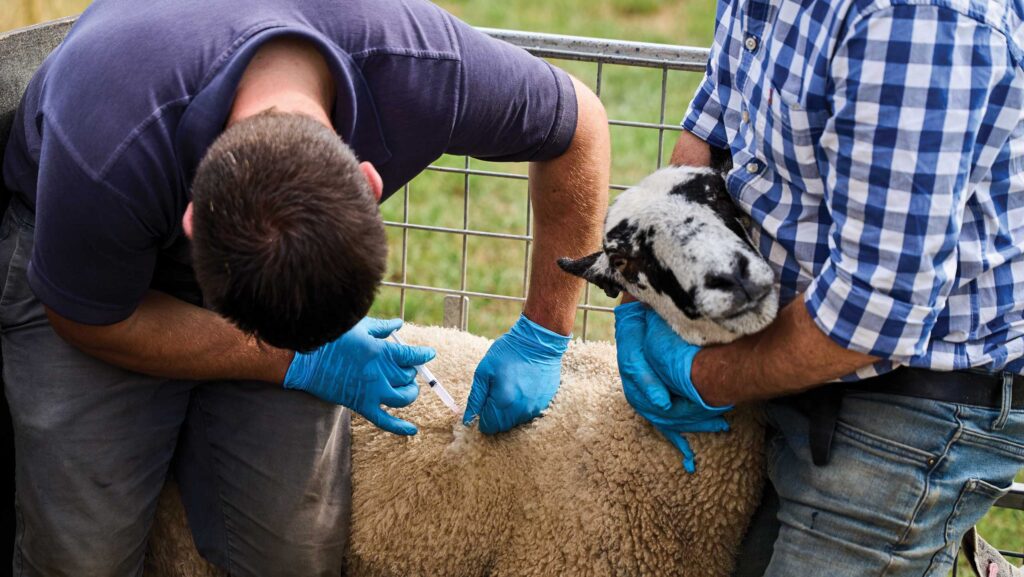Bluetongue cases rise sharply, despite drop in temperature
 © Oli Lees
© Oli Lees The incidence of bluetongue virus (BTV-3) has risen sharply in England, with 10 new cases confirmed on Tuesday (23 September) taking the total for the current 2025-26 vector season to 70 cases, according to Defra data.
The cases were confirmed in livestock in Cheshire, East Sussex, West Yorkshire, and Cornwall, and a further case of BTV-3 was confirmed on Monday (22 September) in Somerset.
The virus doesn’t present a threat to food safety or human health, but there is no treatment for BTV-3 infected animals, and it can be fatal.
See also: Low vaccination rate leaves livestock exposed to bluetongue
Despite temperatures dropping in recent weeks, Defra considers the current risk of transmission in the South East and East Anglia to be “high” and in the South West and North East to be “medium”.
Vaccination
Farmers are being reminded that vaccination still has a key role in protecting their flocks and herds.
Ruminant Health & Welfare recommends farmers work with their private vet on a vaccination strategy and farmers can also access the AHDB vaccine decision maker tool to determine the best time to vaccinate breeding ewes and cattle against the disease.
Gareth Hatley, board member of the British Cattle Veterinary Association and senior vice-president of the BVA Scottish branch, says it is imperative that farmers speak to their vet about vaccinations.
“The important animals to protect are breeding ewes and cattle. Bluetongue will produce dummy calves and genital defects in cattle and it’s crucial they get vaccinated,” he said.
He reminded farmers that cattle need two doses of the vaccine and three weeks for the vaccine to work.
“We need to remember that before sending the bull in. Vaccination should be a routine procedure,” he said.
Reinfection risk
Dr Hatley added: “Just because you’ve had a case on your farm or in the area doesn’t make the rest of your livestock immune –dd so please do speak to your vet about vaccination plans.”
Bluetongue is a notifiable disease and farmers suspecting infection in their animals must report it immediately by calling the Defra Rural Services Helpline on 03000 200 301.
In Wales, contact 0300 303 8268. In Scotland, contact your local Field Services Office.
